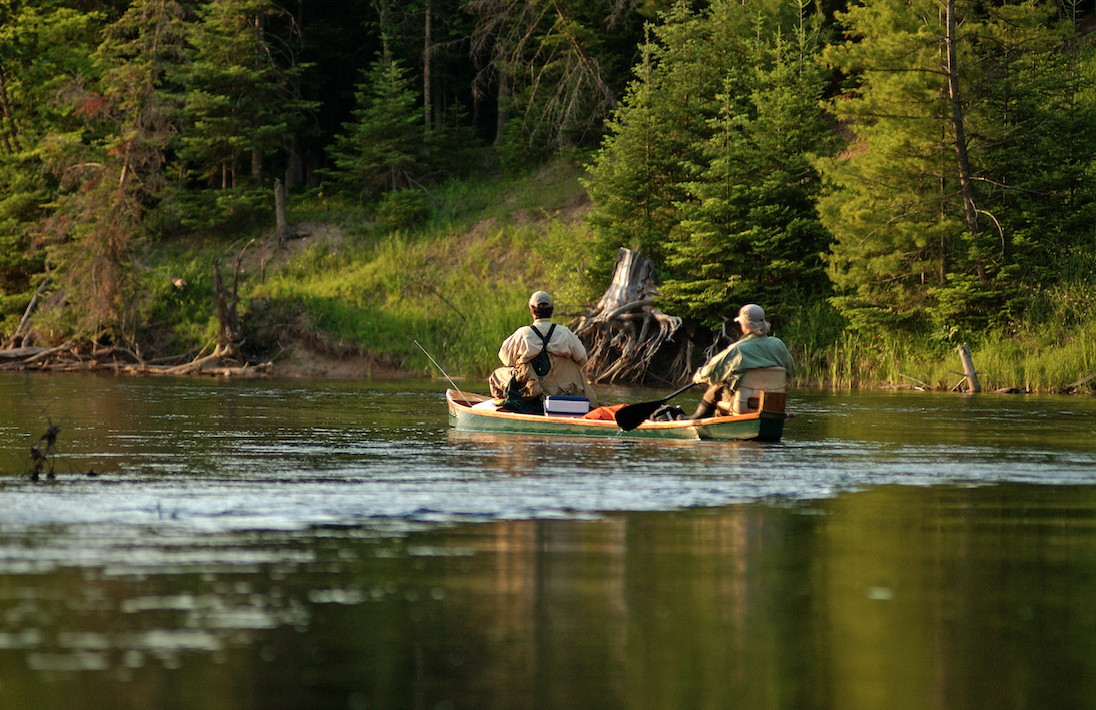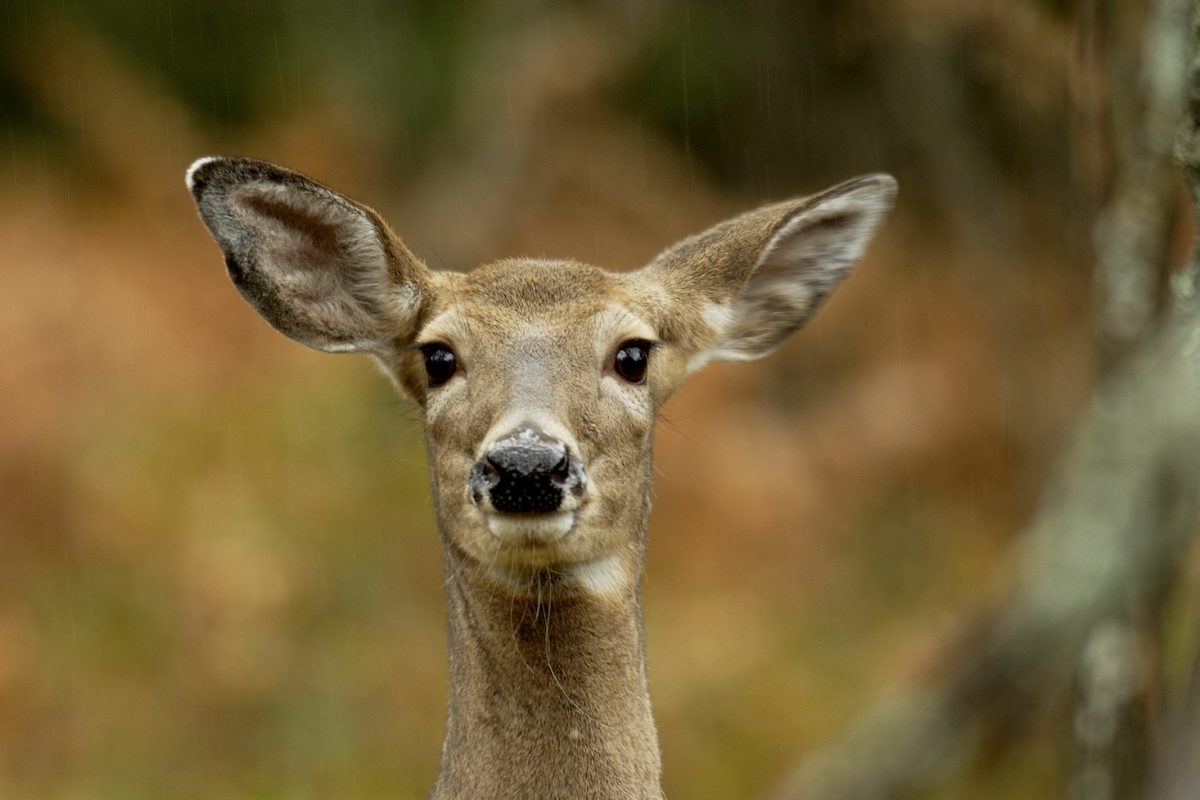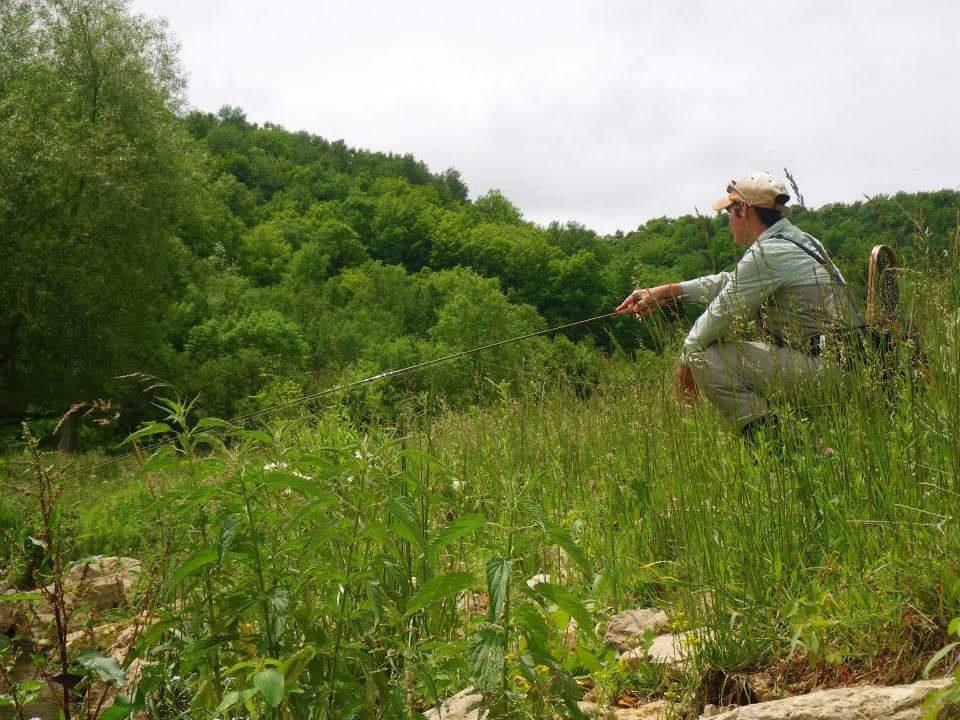This content was originally published on Crain's Detroit Business on November 9, 2020.
Hunting and fishing contribute $11.2 billion annually to Michigan’s economy. Business, natural resource, government and nonprofit leaders discuss how these activities fund conservation projects – and much more.
Love joined a panel of business, conservation, nonprofit and government leaders convened by the Michigan Wildlife Council and Crain’s Content Studio, the marketing storytelling arm of Crain’s Detroit Business, to examine the fundamental role of hunting and fishing in Michigan’s economy. The discussion illuminated how hunters and anglers are in the vanguard of environmentalism in Michigan, as stewards of the wildlife and natural resources we all enjoy.
A windfall
In recent decades, hunting license sales in Michigan and nationally have declined as aging baby boomers cut back on hunting and young families with less free time than previous generations chose not to pursue the sport.
A boon to small business
Many businesses see substantial benefit from travel to hunting and fishing locales in places like northern Michigan and the Upper Peninsula. Many of the 171,000 Michigan jobs supported by hunting and fishing each year are in small businesses like hotels, restaurants, convenience stores and gas stations.
Chartering the outdoors
The Great Lakes fishing industry accounts for $7 billion annually. Charters, which operate out of more than 100 ports, are a big part of that. According to Michigan Sea Grant, a collaboration of the University of Michigan and Michigan State University, Lake Michigan charters alone generated $15.7 million in economic impact in Michigan’s coastal communities in 2016. Charters provide a range of opportunities to catch cold-water species like chinook, coho and pink salmon and rainbow, brown and lake trout, as well as warmer-water species like walleye, perch and bass.
Hunters fighting hunger
Beyond what they take home for personal use, the food harvested and donated by hunters makes a sizable dent in food insecurity across Michigan. Michigan Sportsmen Against Hunger is an all-volunteer organization launched in 1991 that connects deer hunters who want to share an overabundance of game with those in need. Participating licensed game processors serve as drop-off locations for deer harvested by hunters and through DNR-coordinated wildlife management.
A national perspective
Other states are also seeing a growth in outdoor activities amid the pandemic, according to Drew YoungeDyke, manager of sporting communications for the National Wildlife Federation.



